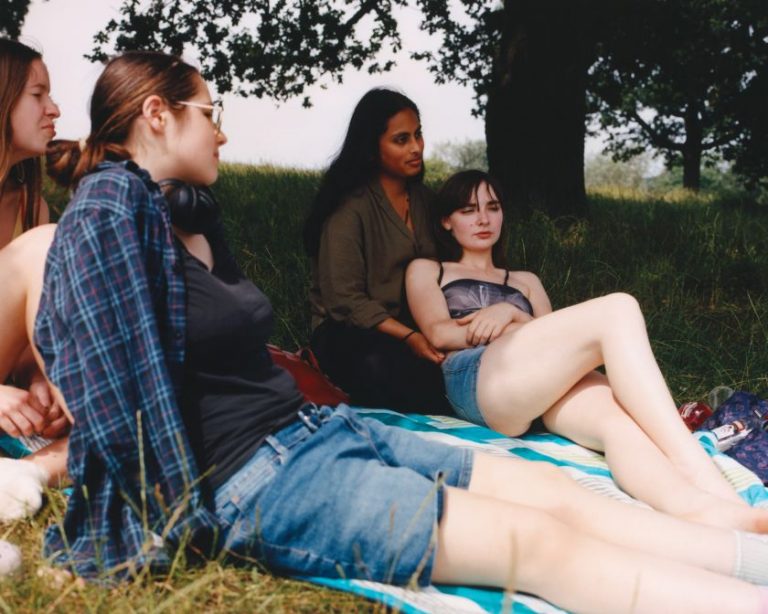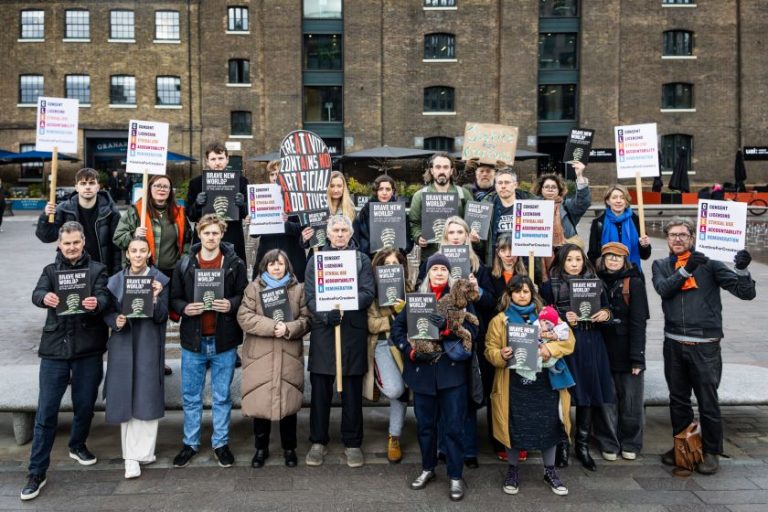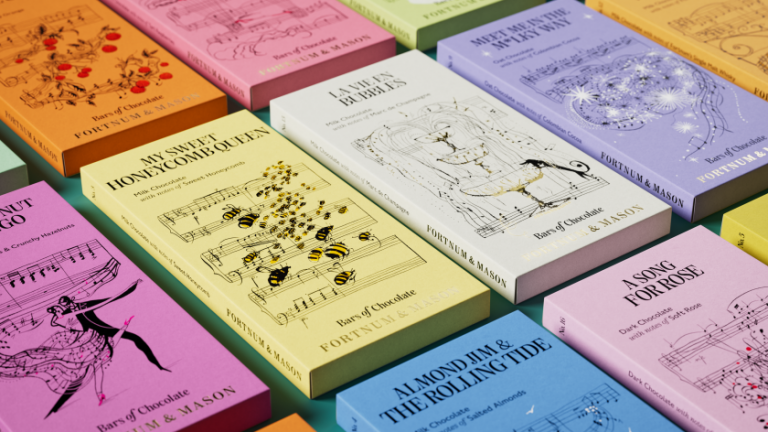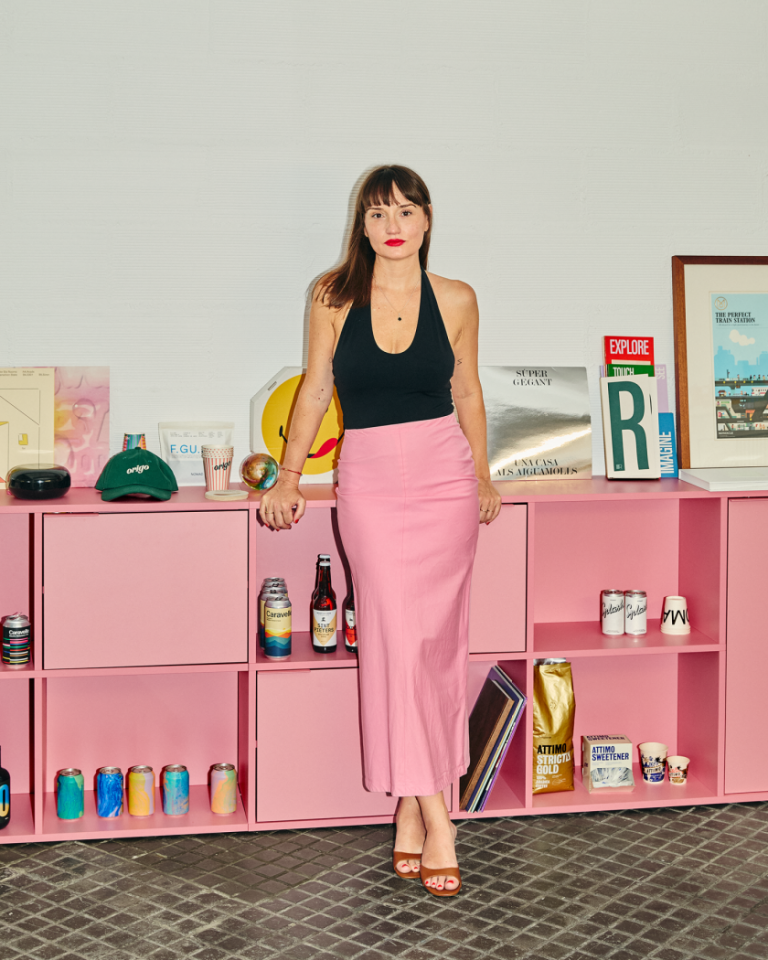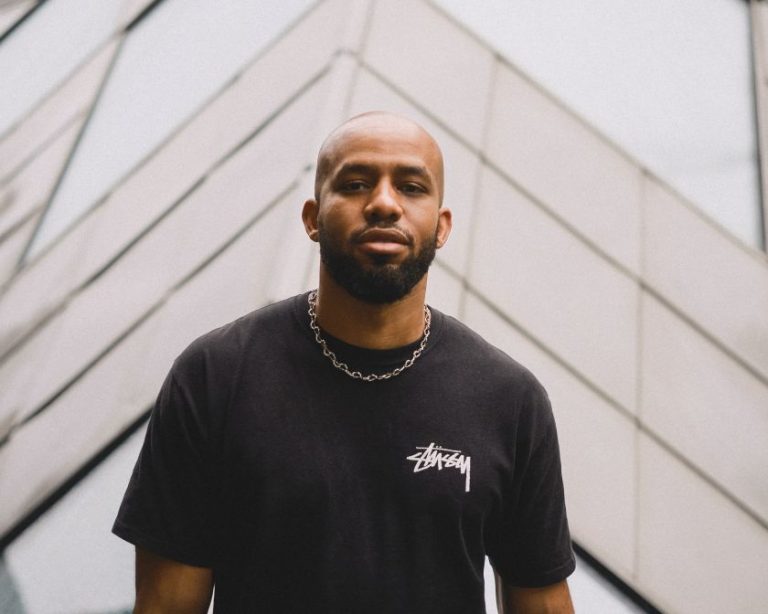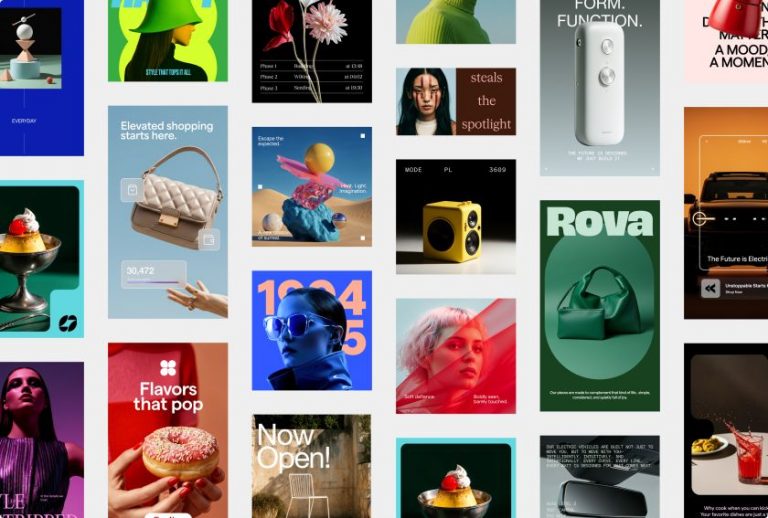Image licensed via Adobe Stock
Don’t let other people tell you whether you’re a success or not. Here’s how to manifest success on your own terms.
Success has traditionally been measured by awards, accolades and acclaim. You feel like a success if you land a high-profile client, win a D&AD Award, or get mentioned in a prestigious article such as the Graphic Designer Hotlist. But is that really what success as a creative is all about?
After all, many famous movie directors like Christopher Nolan, Quentin Tarantino, Ridley Scott and the recently departed David Lynch have never won Oscars. But no one would say they weren’t successes. Similarly, Snoop Dogg, Miley Cyrus, Diana Ross and Queen are among the musicians who’ve never won a Grammy. You get the picture.
The confusion here lies in the difference between validation and success. Validation is other people telling you that you’re wonderful, which is lovely when it happens but also frighteningly rare. Success itself, though, is primarily internal. It’s something we have to recognise within ourselves.
However, this is often difficult to achieve in practice, especially in the social media era. Typically, posts announcing award wins or major client collaborations dominate our feeds, reinforcing the idea that these achievements are the ultimate goal.
Empty feeling
Yet, in truth, however much people gush in public about these milestones, they often feel strangely empty when they achieve them.
I’ve experienced this myself, having spent much of my life dreaming of publishing a book. Yet when my first Great TED Talks: Creativity was released, I felt… well, nothing at all really. It was one of the biggest anti-climaxes of my life.
Conversely, a genuine feeling of ‘having made it’ usually comes from a much quieter and often unexpected place. This exact thing happened to graphic designer Pearse O’Halloran.
“There was a day in December,” he recalls. “It was biblically stormy. I had an arthritis flare-up and resigned myself to working on my iPad in bed. Refining a new illustration and listening to podcasts, I had an overwhelming feeling of success. ‘This is it. This is where I want to be.’ All the long-hour, menial, early-start jobs had motivated me to be here. Using my skills to pay the bills. In bed. Where most folks wish they were on such a stormy day. A blissful moment of enjoying exactly where I am.”
For designer Claire Brennan, success happens “when I’m finished making a piece and am happy with it before anybody else has even seen it”. Similarly, for art director Kirsten Murray, “Success is feeling inspired and inspiring others. If I’m inspired, it’s because I’ve been living an interesting life: meeting people, exchanging ideas, sharing experiences and filling my brain with stories and everyday beauty. And if I get to be the reason someone else feels that way? Well, that’s quite something.”
Money is part of it
Of course, creative fulfilment alone doesn’t pay the bills, so the money will always be part of how most of us measure our success.
That doesn’t mean you have to earn a fortune, though. For freelance illustrator and graphic artist Barney Ibbotson, success simply means “Sustaining an income and keeping my head above water. If I can learn new skills along the way and manage to ‘pivot’ into new areas that might earn me some money, then even better.” And for photo retoucher and graphic designer Sandrine Bascouert, “Enough money so I can travel a little is a better reward than likes and shares. Of course, both would also be nice, but hey, priorities!”
For most creatives, in short, money is a means to an end rather than an end in itself. The real goal is to produce work that resonates deeply with your own values and passions. As artist Gabrielle Malpas explains, “The fact that I get to make art every day as my job makes me feel really successful. I’m far from known, famous or important. My taxable income is low. But I can still put food on the table, and my work is out in the world, doing some good.”
Sense of purpose
Illustrator Andrea Bojkovska tells a similar story. “As illustration is increasingly considered as non-essential, especially with the rise of AI, my definition of success has shifted from having a lot of followers and awards to finding what kind of purpose my illustration has and how it impacts my clients,” she explains. “That’s how I decided to elevate my personal brand and be recognised in one field when I feel I fit the most: bringing attention to mental health and its importance.”
And this intrinsic joy of creating does not (or at least should not) rely on external validation. As photographer Harry Rose
puts it: “When you wake up under a safe roof, your loved ones are happy and healthy, and you get to do a job you love. That’s real success.”
Illustrator Shira Bentley agrees. “I’ve never been motivated by awards,” she stresses. “For me, success has always been about living the lifestyle I want and working with clients I like. Having the flexibility to travel when I want, take my dog for a walk in the middle of the day, and share tips and resources with my community is everything. It took years to get here, but I’m so grateful to have reached this point.”
Joy in the process
To be clear, then, success is not an endpoint that designers hope to reach one day. It lies in the very act of making.
As designer Josh Evans puts it: “Success for me is the personal fulfilment that comes from the process. I enjoy exploring new ideas and working out the kinks of existing designs. For a few years, I chased the day rate but always ended up moving on and trying new things. Regular has been much harder to run but more fulfilling.”
Brand designer Sophie O’Connor, too, has reframed how she sees success over the years. “When I was working as a young designer in London in advertising, it was more about recognition and awards and moving up the creative ladder,” she recalls. “Nowadays, success is more about doing good work for good people whilst retaining a healthy work-life balance.
“I definitely don’t tie success to earning lots more money any more,” she adds. “Some of the most rewarding work I’ve done recently was pro bono. However, it does help to get paid, too. Perhaps success is more about making a difference in some small way, especially when we aren’t saving lives. On a personal note, success is about just getting through the day and being there for my kids.”
Practical steps
Reading all this, but still wondering how to get from A to B? Here are some prompts to help you explore what success means to you:
What moments in your creative journey have brought you the greatest joy or fulfilment?
Are your current goals aligned with your personal values?
How can you prioritise balance and well-being in your work?
In what ways can you celebrate the process rather than just the outcome?
Then, take these practical steps to align your career with your evolving definition of success:
Set clear, personal goals. Define success on your terms. Whether it’s mastering a new skill, taking on meaningful projects or finding time for personal work, make these goals a priority.
Celebrate small wins: Recognise and appreciate the milestones that matter to you, even if they don’t align with traditional metrics.
Build a supportive network: Surround yourself with peers who share your values and can offer encouragement.
Prioritise balance: Schedule time for rest, hobbies and relationships to maintain a sustainable creative practice.
Success in the creative industries is no longer confined to awards or accolades. As we redefine what it means to thrive in 2025, personal fulfilment, work-life harmony and joy in the process are emerging as equally valid—if not more meaningful—metrics of achievement.
Ultimately, success is deeply personal. Let’s embrace the freedom to define success on our own terms and find fulfilment in our unique creative journeys.

